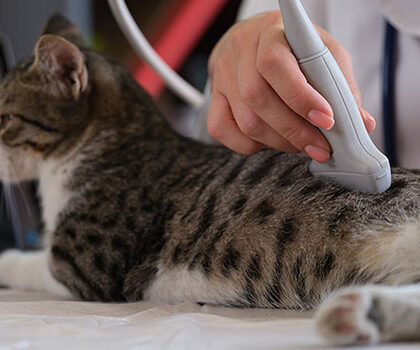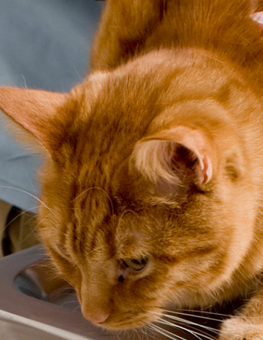What You Should Know About Bed Bugs
With a decrease in the use of pesticides and an increase in international travel, bed bug infestations have re-emerged.
By Dr. Elizabette Cohen
“Sleep tight and don’t let the bed bugs bite” was practical advice for a good night’s sleep back in the eighteen hundreds when you needed to make sure that the sheets didn’t touch the floor and that your bed was away from the wall to help prevent bed bugs from crawling up into your bed and biting you.
Who would have ever thought that bed bugs would become a problem again in modern times and in 5-star hotels in Manhattan at that? With a decrease in the use of pesticides and an increase in international travel, bed bug infestations have re-emerged.
What is a Bed Bug?
Bed bugs are small insects belonging to the family Cimicidae. Adults measure 5-7mm in length and the nymphs (juveniles) are much smaller and measure 1.5mm in length. The adults are reddish-brown in color and the nymphs are clear, but turn red, after they consume blood from a host. Bed bugs are often mistaken for ticks or fleas. They can survive for a year without feeding so a vacant home should never be thought of as free from bed bugs. They are considered the vampires of the insect world since they are blood-suckers that like to feed at night. In fact, bed bugs can consume their body weight in blood in as little as 5 minutes. They are lazy and usually feed on non-moving, sleeping hosts.
Like many other external parasites, they are attracted to body heat, carbon dioxide, sweat, odor and vibration. However, unlike fleas and ticks, they don’t remain on their hosts. Bed bugs feed in the same area and go back into hiding once they have finished. In addition, unlike fleas, ticks and mosquitoes, bed bugs do not carry or spread any diseases. While they are annoying and their bites leave marks, bed bugs will not make their victims ill beyond allergies.
Where Do Bed Bugs Live?
Once their bellies are full, bed bugs return to the cracks and crevices hiding in mattresses, box springs, furniture, curtains, carpets, walls, floorboards and any other small places they can find, especially clutter. They can be transported in book bags, gym bags, clothing, suitcases, and pockets found in all of the above. Bed bugs enjoy feeding on warm-blooded animals but preferring people. Most feed on an elderly, overweight cat or dog that doesn’t move much and sleeps often. Choosing to not stay hidden in the fur of pets, similar to fleas and ticks; however, bed bugs will take a meal from your pet if he or she is quiet and sleeping. Pets are not the ones you need to worry about; bed bugs are most likely to arrive on a visiting guest or a delivery of something like clothing or furniture.
What to do if you Suspect Bed Bugs
If you think you may have a bed bug infestation, you should hire a reputable exterminating company that offers a guarantee, washes all linens, furniture covers, blankets and pet beds in hot water, and thoroughly vacuums everything; including the furniture. The bed should be examined carefully because bed bugs love to hide in any crevice. Ideally, they like to live in the bed itself, so they can be closest to their victims. The only “illness” from bed bugs you need to be concerned about is an allergic reaction. Bed bug bites can cause an allergic reaction that leads to itching, swelling and infection, especially if there is a lot of scratching. This is true for people and pets.
If you want to keep your home as parasite-free as possible, check all food deliveries and packages thoroughly before bringing them inside, make sure you check your person and your own belongings, especially if you traveled somewhere else. To protect against fleas, ticks and mosquitoes, keep all pets that go outside or come into contact with other animals on appropriate parasite preventatives like Hartz® Ultraguard Pro® flea and tick drops for dogs and cats. It is always helpful to prevent clutter, especially in the bedroom, and frequent vacuuming is always a good idea. Preventing bed bug infestations as well as all other parasites will help keep you, your family and your pets, healthy and happy.
Other resources for information on bed bugs:
The EPA offers tips on preventing bed bug infestations
The AVMA offers some quick faqs about bed bugs


















